Why is kissing under the mistletoe a Christmas tradition?
The coronavirus pandemic will limit yuletide snogging opportunities this year
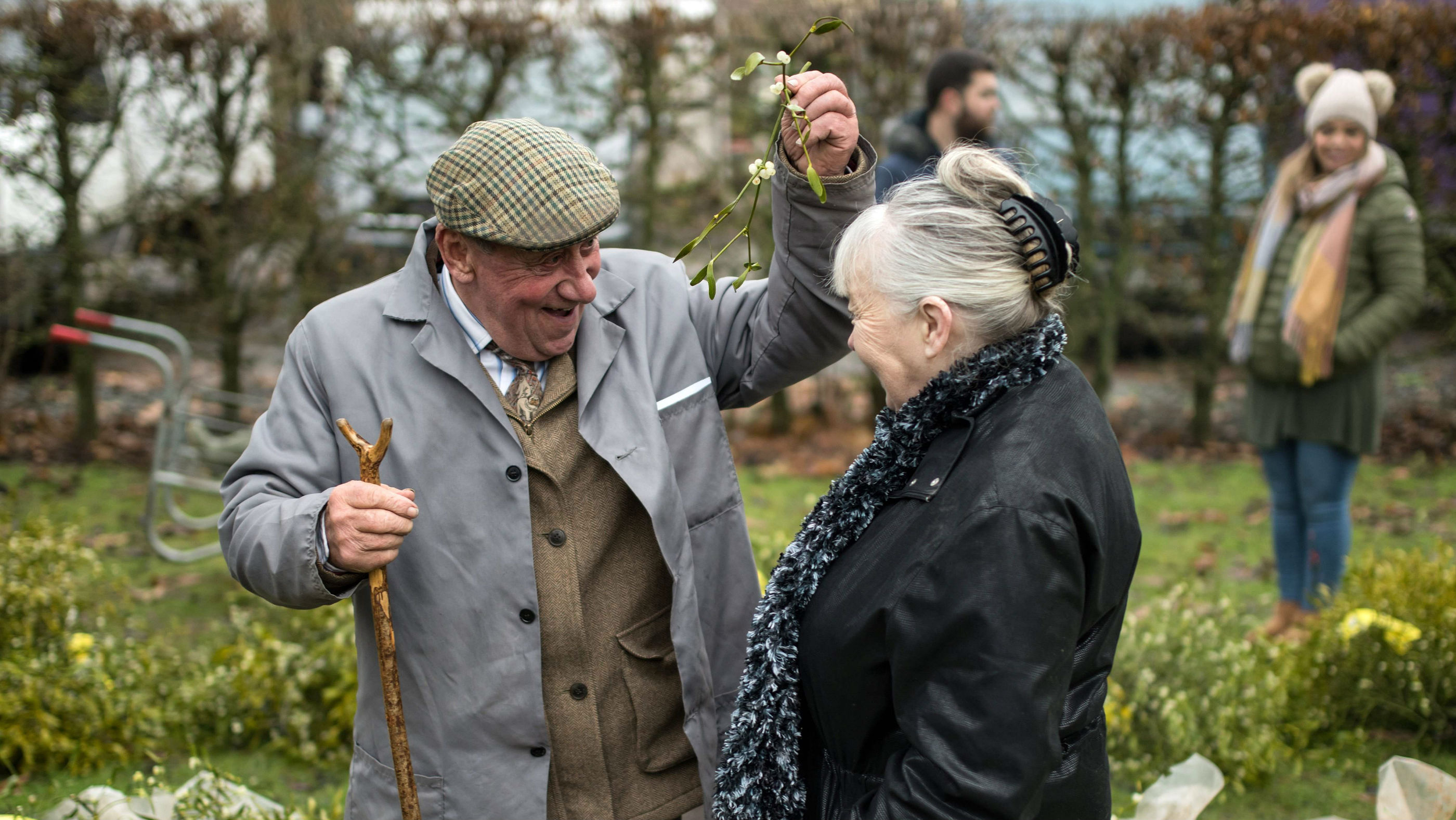
A free daily email with the biggest news stories of the day – and the best features from TheWeek.com
You are now subscribed
Your newsletter sign-up was successful
From Harry Potter’s first kiss to Cliff Richard’s famous Christmas hit, mistletoe is everywhere in popular culture.
But this Christmas tradition of standing under a sprig of the evergreen plant to exchange kisses existed long before it ever appeared in films and songs.
With the Covid-19 pandemic still raging worldwide, 2020 will not be a vintage year for mistletoe smooches. The virus can be spread through saliva, and even if that risk doesn’t put people off, social distancing means that snog-filled parties are off the menu for now.
The Week
Escape your echo chamber. Get the facts behind the news, plus analysis from multiple perspectives.

Sign up for The Week's Free Newsletters
From our morning news briefing to a weekly Good News Newsletter, get the best of The Week delivered directly to your inbox.
From our morning news briefing to a weekly Good News Newsletter, get the best of The Week delivered directly to your inbox.
The mistletoe kiss will endure in the long-term, though. So just how did the tradition begin?
The folklore behind mistletoe
Mistletoe has traditionally been linked to fertility and life, with the plant’s white berries thought to signify semen. Ancient Greeks used mistletoe as a cure for everything from menstrual cramps to spleen disorders, and Romans believed it could help cure epilepsy, ulcers and poisons.
According to folklore, the link to kissing goes back to a Norse legend. Balder, son of the goddess Frigg, was killed by an evil spirit with an arrow crafted out of mistletoe. Balder was a kind and brave chap, who cheered up everyone he met, so Frigg was naturally devastated by her son’s death.
A free daily email with the biggest news stories of the day – and the best features from TheWeek.com
She wept tears of white berries, which brought Balder back to life. So overjoyed was Frigg that she blessed the plant and promised a kiss to all who passed underneath it from that day forward.
Is that the only explanation?
Despite being a popular explanation for the tradition, Mark Forsyth, author of A Christmas Cornucopia: The Hidden Stories Behind Our Yuletide Traditions, has found no evidence that the story of Frigga ends with kissing, or that it is linked to Christmas.
Time magazine reports that the earliest reference to kissing under mistletoe is in a song published in 1784 that includes the lines: “What all the men, Jem, John, and Joe, / Cry, ‘What good-luck has sent ye?’ / And kiss beneath the mistletoe. / The girl not turn’d of twenty.”
How this developed into the tradition we have today is unclear, however history.com notes that it is believed to have “first caught on among servants in England before spreading to the middle classes”.
Under this tradition, men were allowed to “steal a kiss” from any woman standing under the mistletoe, while saying no to a Christmas peck was considered to be bad luck.
Another variation, according to history.com, included instructing the smoochers “to pluck a single berry from the mistletoe with each kiss, and to stop smooching once they were all gone”.
In the 18th and 19th centuries, references to kissing under the mistletoe increase. In his first novel, The Pickwick Papers, published in 1836, Charles Dickens describes women who, finding themselves under the mistletoe, “found it useless to resist any longer, and submitted to be kissed with a good grace.”
Mistletoe in the modern day
These days, “stealing a kiss” under the mistletoe has taken on a different connotation, with The Independent asking whether the Christmas tradition has become an “invitation to sexual harassment?”.
However, others say that the tradition is harmless, with columnist Allison Pearson writing in The Telegraph that mistletoe is the “silliest and flirtiest of yuletide traditions” and a “jolly ice-breaker”.
According to The Grocer, 71% of under-35s have never been kissed under the mistletoe, suggesting that the tradition may be on the decline.
What is mistletoe?
Despite its romantic connotations, mistletoe is a parasitic plant with poisonous berries, that relies on other plants for its survival.
It survives by birds carrying its seeds to other trees. This typically happens when the seed inside the berry is discarded by the bird, as it is covered in a sticky coating, called viscin. As the viscin hardens, the seed becomes attached to the host tree, taking nutrients and water from it and allowing more mistletoe to grow.
-
 El Paso airspace closure tied to FAA-Pentagon standoff
El Paso airspace closure tied to FAA-Pentagon standoffSpeed Read The closure in the Texas border city stemmed from disagreements between the Federal Aviation Administration and Pentagon officials over drone-related tests
-
 Political cartoons for February 12
Political cartoons for February 12Cartoons Thursday's political cartoons include a Pam Bondi performance, Ghislaine Maxwell on tour, and ICE detention facilities
-
 Arcadia: Tom Stoppard’s ‘masterpiece’ makes a ‘triumphant’ return
Arcadia: Tom Stoppard’s ‘masterpiece’ makes a ‘triumphant’ returnThe Week Recommends Carrie Cracknell’s revival at the Old Vic ‘grips like a thriller’
-
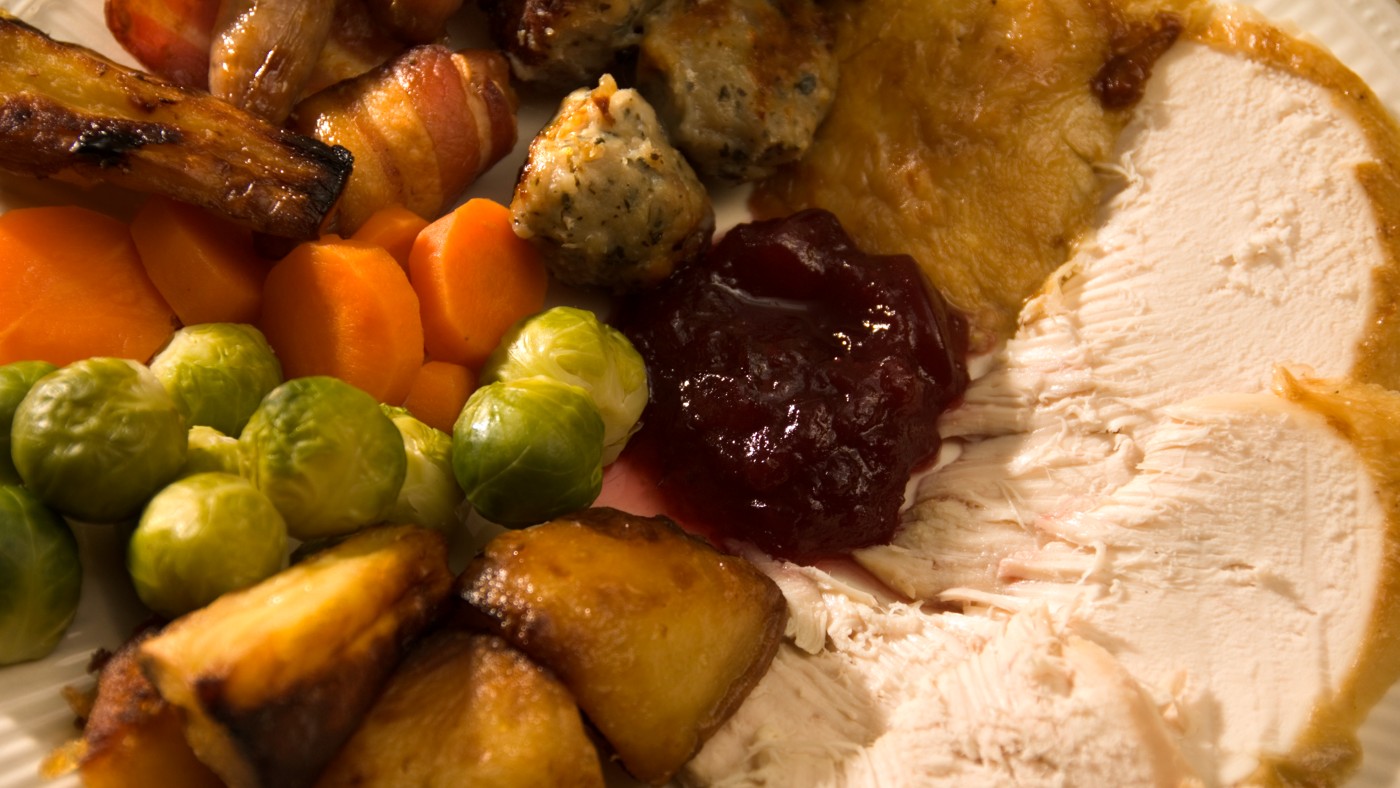 Nan who charges family for Christmas dinner puts up price
Nan who charges family for Christmas dinner puts up priceTall Tales And other stories from the stranger side of life
-
 Woman solves 'rude neighbour' mystery
Woman solves 'rude neighbour' mysteryTall Tales And other stories from the stranger side of life
-
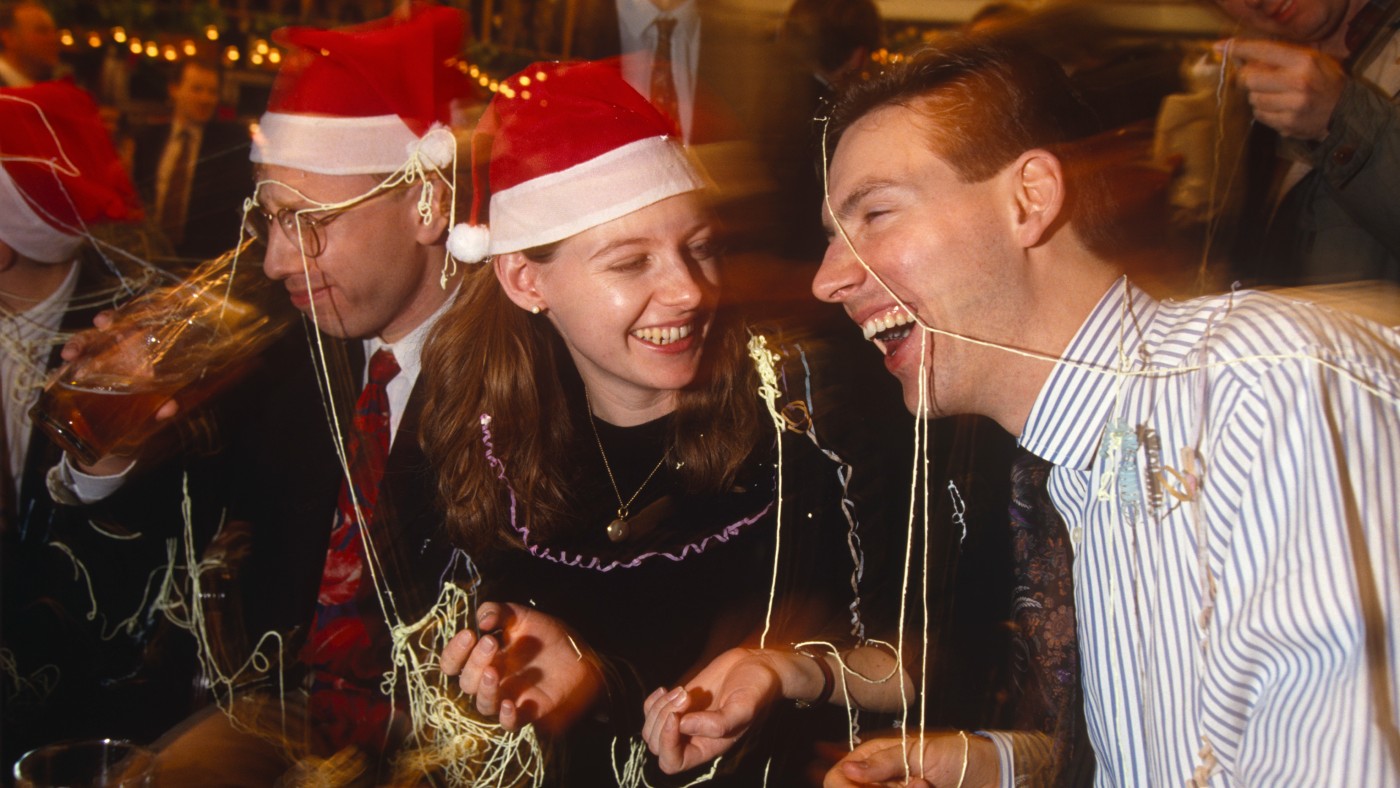 Office Christmas parties give us sleepless nights
Office Christmas parties give us sleepless nightsTall Tales And other stories from the stranger side of life
-
 'Dead' woman nearly suffocated in morgue bag
'Dead' woman nearly suffocated in morgue bagTall Tales And other stories from the stranger side of life
-
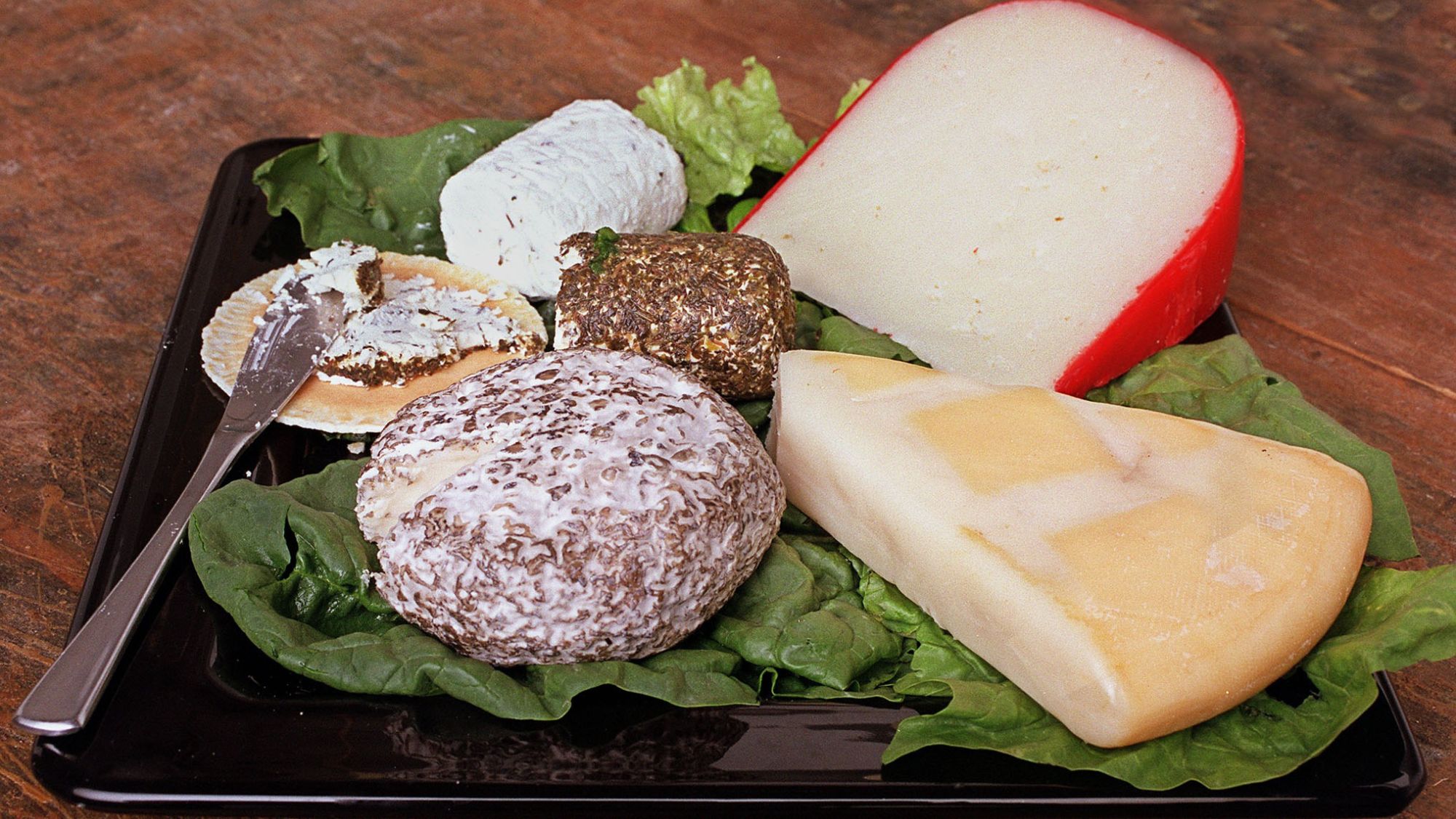 World's 'smelliest cheese' hits shelves
World's 'smelliest cheese' hits shelvesTall Tales And other stories from the stranger side of life
-
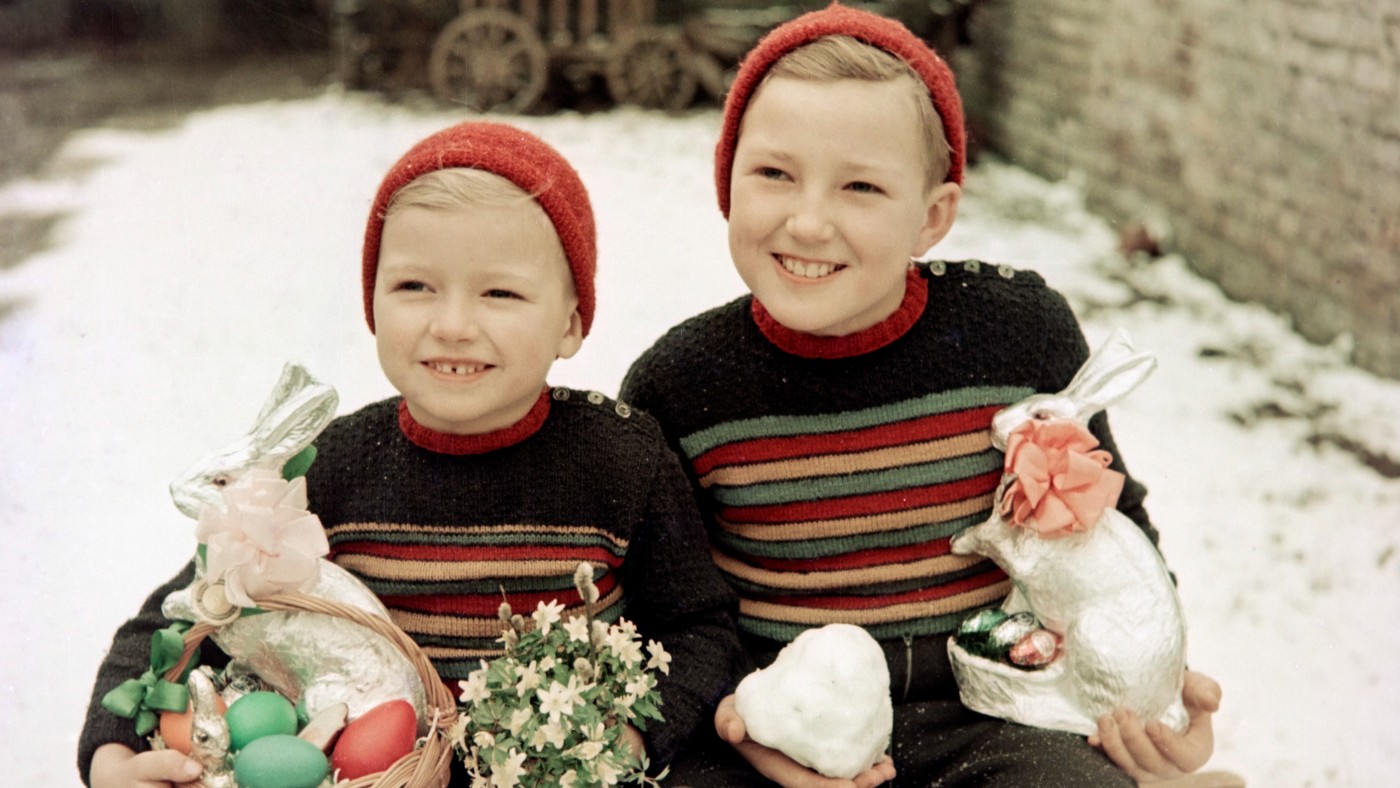 White Easter more likely than a white Christmas
White Easter more likely than a white ChristmasTall Tales And other stories from the stranger side of life
-
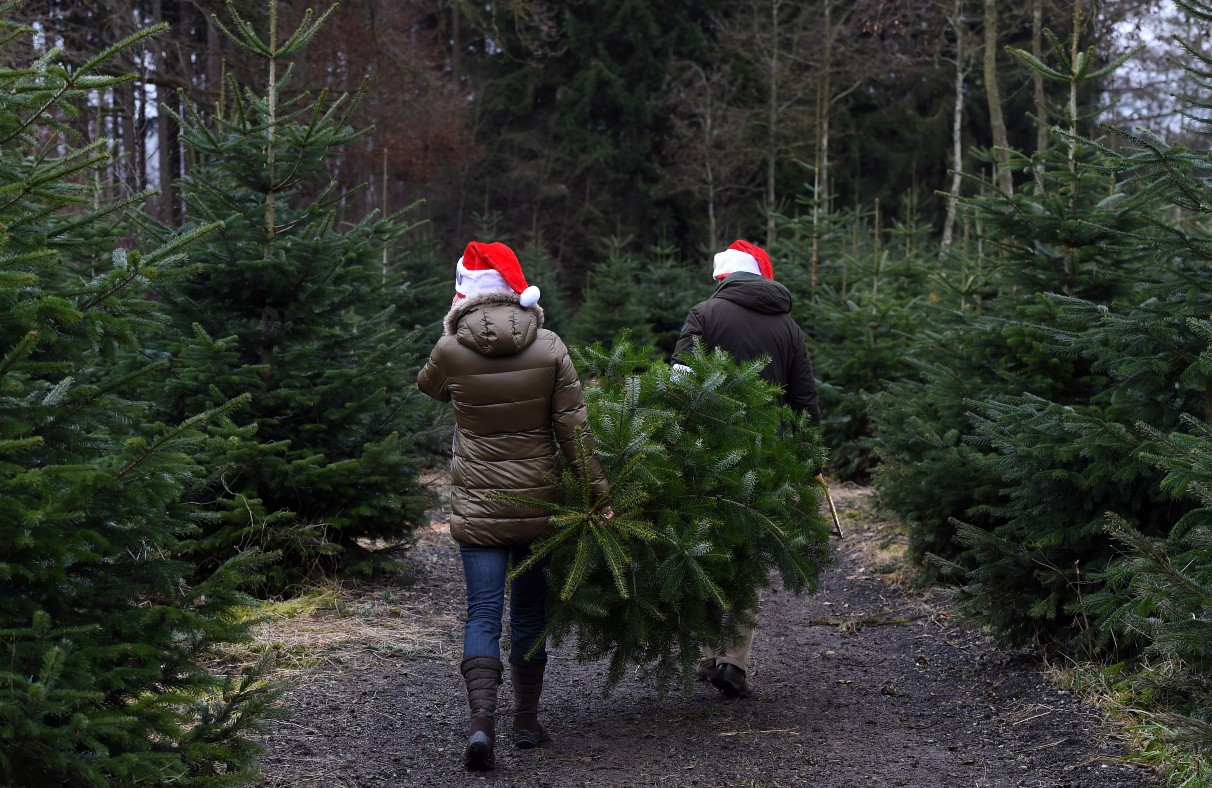 Why Yorkshire town’s Christmas tree is still up
Why Yorkshire town’s Christmas tree is still upfeature And other stories from the stranger side of life
-
 ‘Keir Starmer’s lead in the polls is his chance’
‘Keir Starmer’s lead in the polls is his chance’Instant Opinion Your digest of analysis from the British and international press